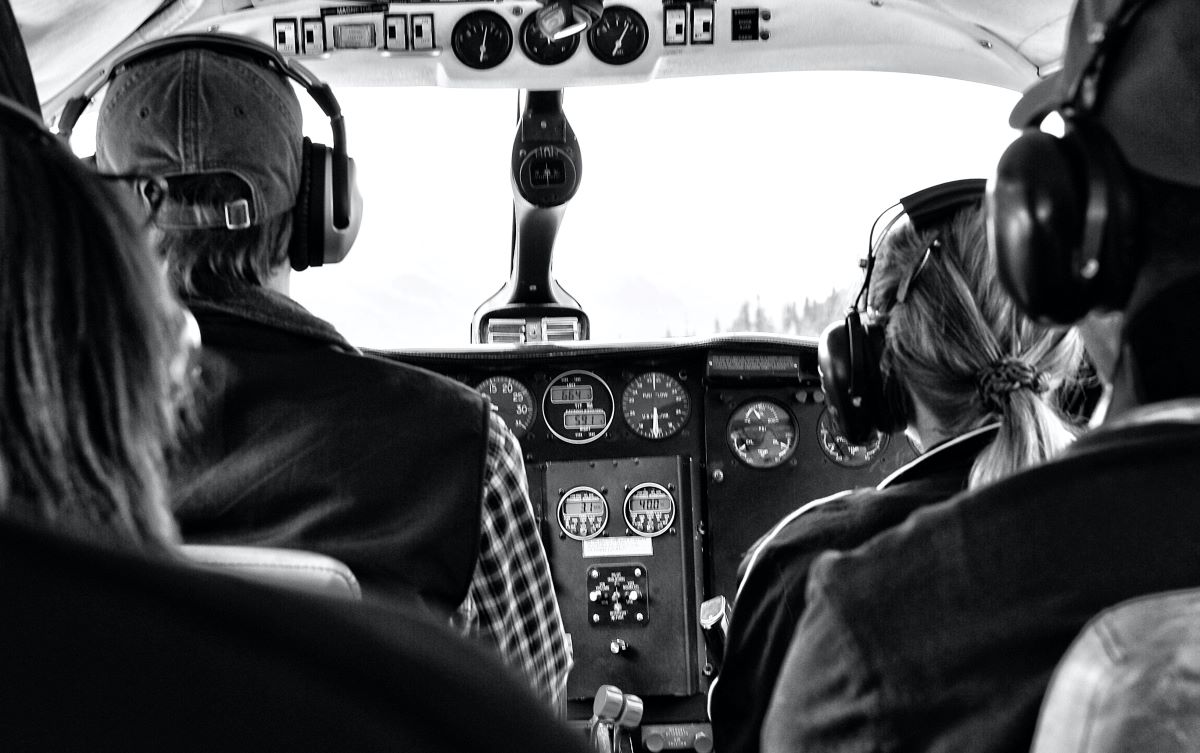
During a congressional hearing on Wednesday, the Regional Airline Association warned that the US airline industry is facing a worsening pilot shortage that will limit flight availability for passengers and raise fares.

The industry is about to be hit with a “tsunami of pilot retirements,” with more than half of pilots currently working reaching the mandatory retirement age of 65 within the next 15 years. This is compounded by the fact that younger pilots are not making up for those aging out. As a result of the severe and ongoing pilot shortage, 42 states have less airline service than before the pandemic, and 136 airports have lost at least a quarter of their service. Airlines have even cut off flights to 11 airports in smaller cities that connect to larger hubs.
The shortage is nationwide and affects both regional and major airlines such as American, United, and Delta. Over 500 planes belonging to regional airlines are sitting idle without enough pilots to fly them, and those that do fly are used as much as 40% less than in the past. The large airlines hired more than 13,000 pilots in 2022, almost all from the smaller carriers that the Regional Airline Association represents. Although more pilots earned licenses last year than ever before, those 9,500 new entrants were not enough to keep up with demand.
Faye Malarkey Black, president and CEO of the Regional Airline Association, highlighted the high cost of training for a new pilot, which can be up to $80,000, with total costs reaching $200,000 when combined with the cost of a bachelor’s degree. Black said federal financial aid is insufficient to give poorer students a chance to become pilots, unlike other career paths that require additional professional credentialing, such as doctors and lawyers.
Although the demand for pilots is predicted to grow, the union representing most US airline pilots urged Congress not to compromise safety by changing pilot qualification and training standards in an attempt to address the pilot shortage. Jason Ambrosi, President of the Air Line Pilots Association, argued that the airlines are understaffed right now because they are not providing pilots adequate pay and quality of life conditions, and because of management decisions made during the pandemic. He also pushed back on arguments for raising the pilot retirement age, saying that this would cause scheduling issues and that the airlines are under-staffed because they are not providing pilots with adequate pay and quality of life conditions.
The hearing also discussed the significant lack of diversity among pilots, who tend to be mostly male and white, and potential ways to address this issue, which could also help address any pilot shortages. The pandemic has interrupted the pipeline of new pilots, and many airlines have offered buyouts and early retirement packages to trim costs.

